Premiere in Norway: ASKO logistics depot supports megawatt charging for trucks
According to the manufacturer, trucks can charge at the site with up to 1.2 megawatts. The total connected load of 2.4 MW is distributed dynamically between the six charging points. Kempower is known for its decentralised charging systems, where the power unit – housed in a technical cabinet located some distance away – forms the core, while slim, space-saving charging points are positioned directly at the parking bays. The same setup has now been implemented at ASKO in Vestby.
The new charging facility represents a flagship project for the food wholesaler, which aims to make its transport operations fossil-free and has therefore been working with Kempower since 2022. Since then, the charging infrastructure specialist has installed around 190 CCS and two MCS charging points across 13 Norwegian ASKO depots, amounting to a total installed capacity of 25 megawatts, according to those responsible.
The new megawatt charging facility at ASKO Vestby consists of two 1.2 MW power units from Kempower, each supplying three charging points (2× CCS, 1× MCS). The MCS columns support charging at up to 1.2 MW and 1,500 amps, while the CCS chargers deliver up to 560 kW at 700 amps. The electricity for the trucks comes mainly from solar panels on the roofs of ASKO’s warehouse buildings. Importantly, the installation is also “prepared for public on-the-move truck charging,” meaning that other transport operators working in the region will be able to use the facilities in future.
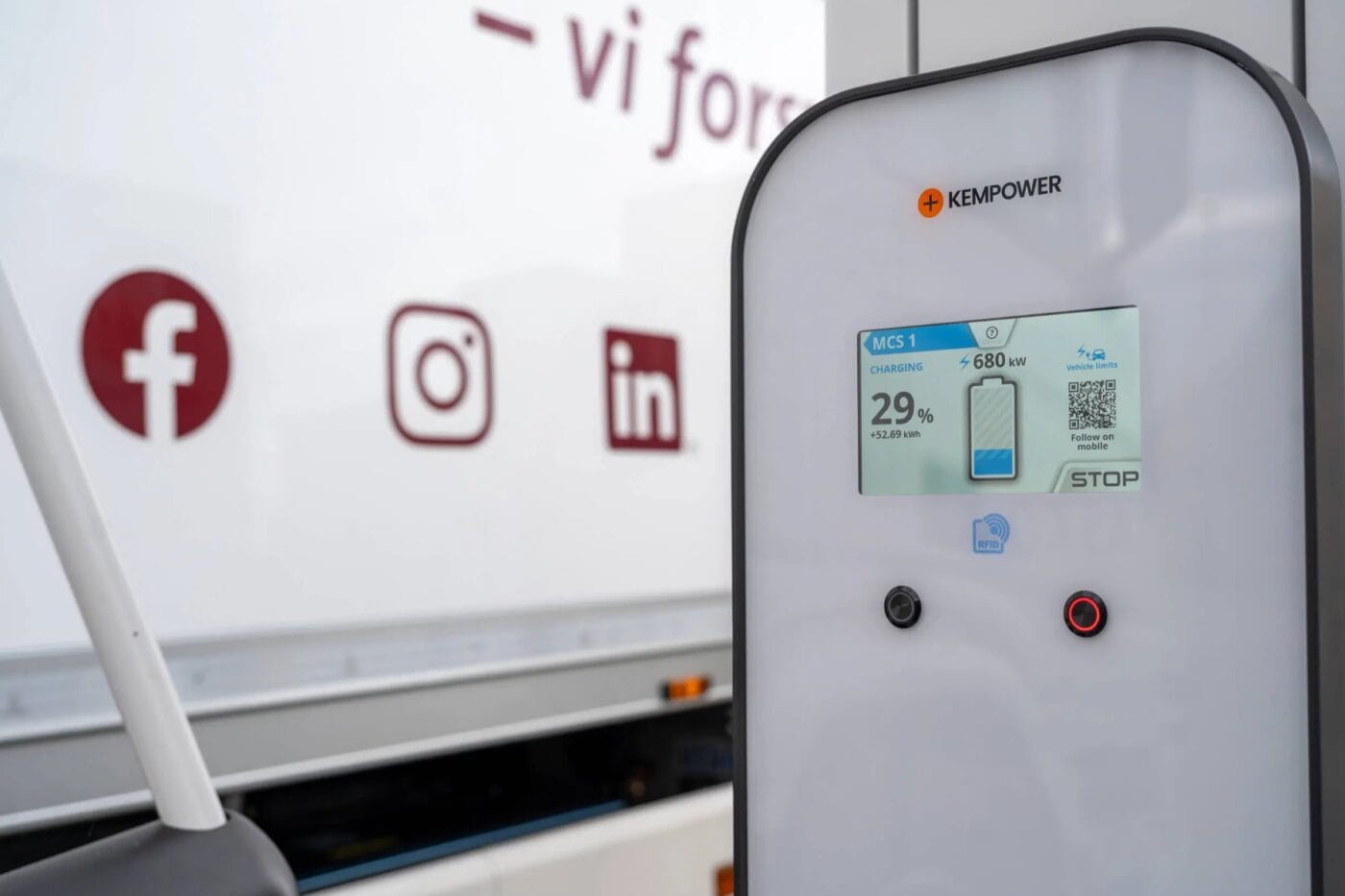
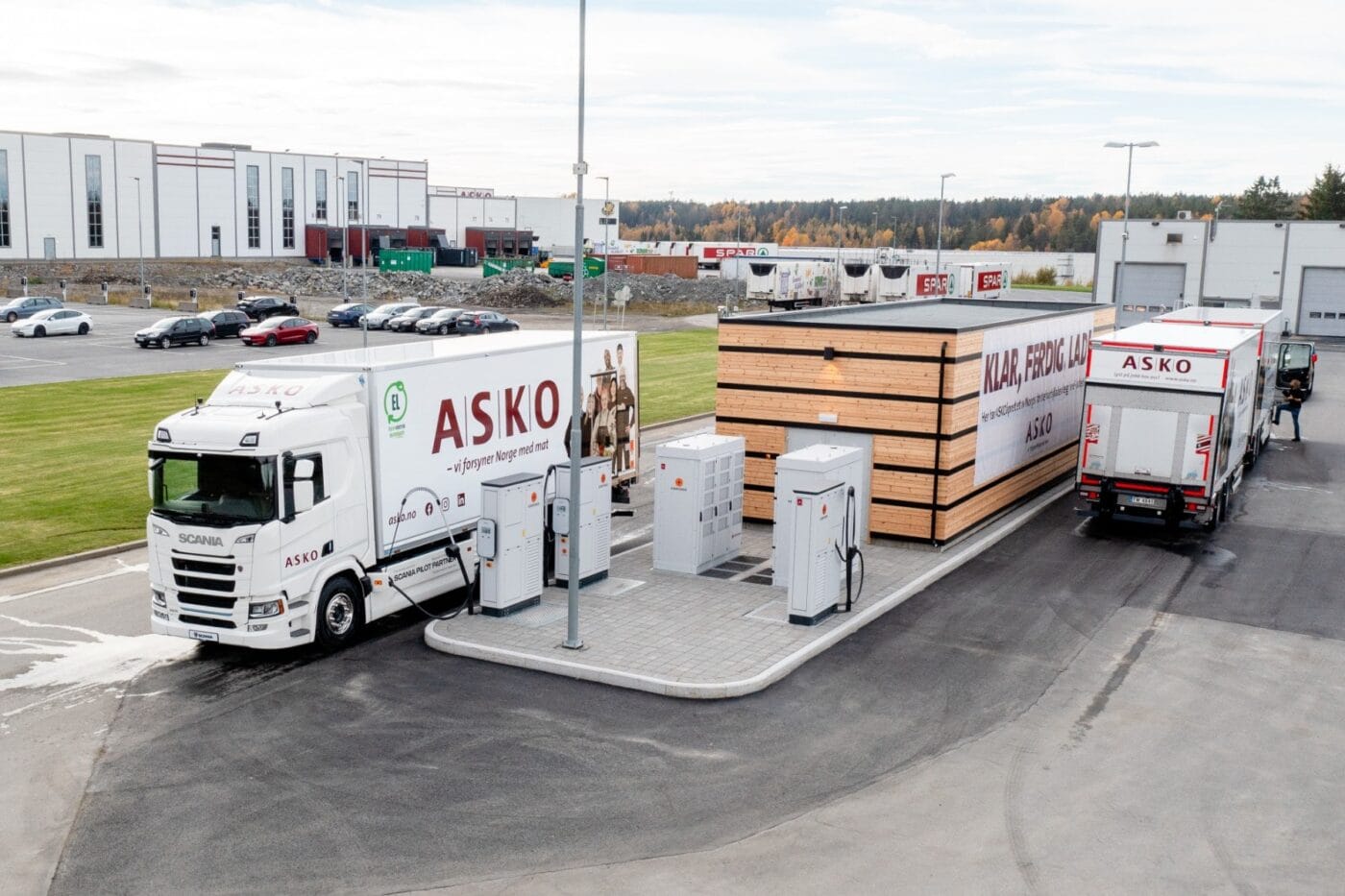
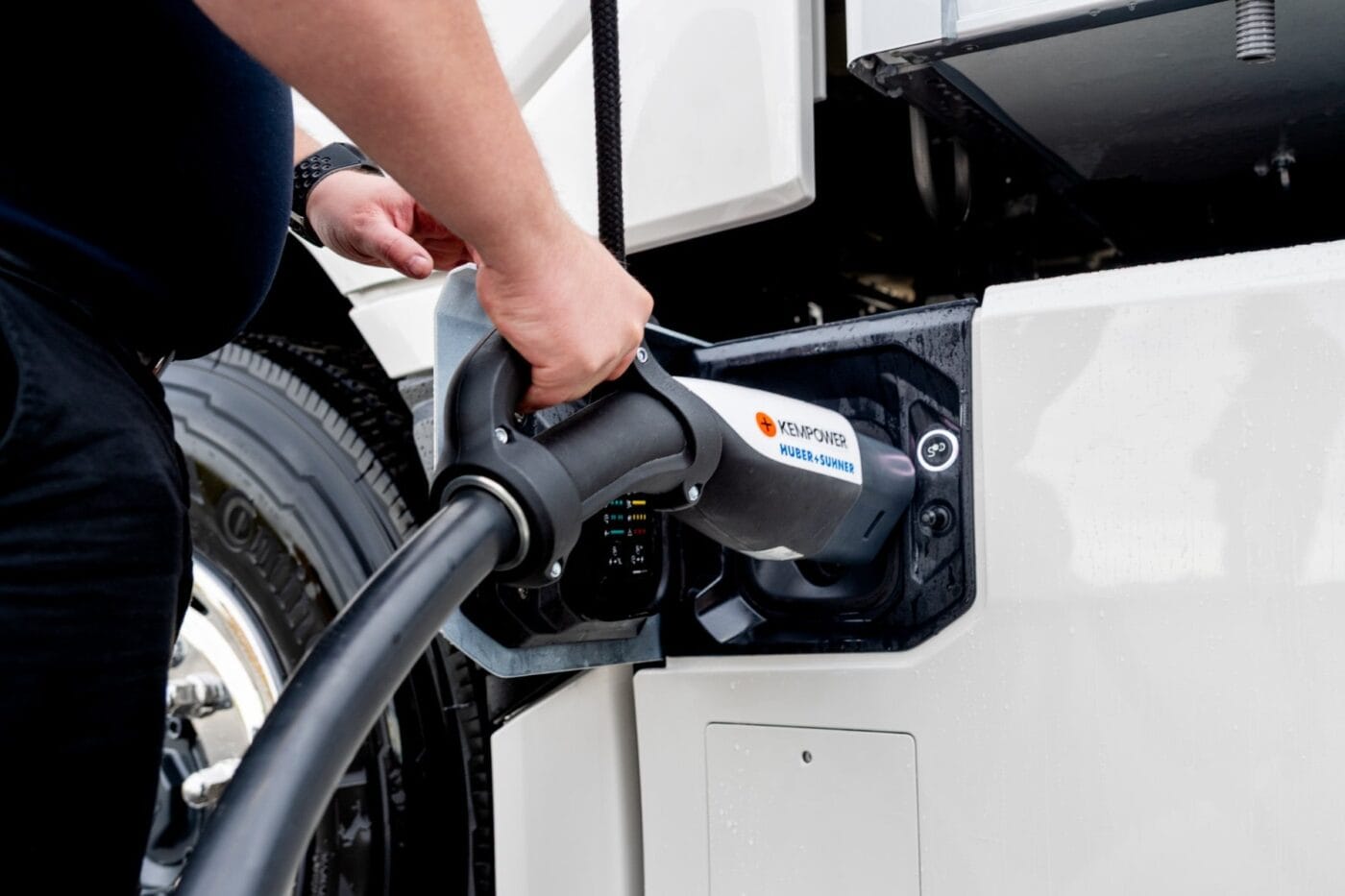
ASKO has committed to fully electrifying its fleet of around 700 trucks, following a pledge made in 2020. By the end of 2025, approximately 200 of these trucks will be electric. The company consists of 13 regional ASKO subsidiaries, from Lillesand in the south to Tromsø in the north, as well as central warehouses and a consolidation terminal in Vestby. ASKO is part of the NorgesGruppen wholesale group, which operates various retail brands. These retail outlets may also be included in a potential expansion of the partnership with Kempower. According to a previous statement from the manufacturer, there is the possibility of installing charging equipment at around 1,800 grocery stores operated by NorgesGruppen across Norway, though no update has been provided on this yet.
“With this facility […] four trucks can be charged simultaneously during the driver’s rest period. This makes it practical and profitable to use electric trucks even on longer routes,” said Marius Råstad, Corporate Logistics Manager at ASKO. “It makes both economic and environmental sense to invest now. This new technology allows electric trucks to operate more efficiently and over longer distances, which helps to reduce the use of fossil fuel-powered vehicles and achieve national and international climate goals.”
“After close collaboration with ASKO over the past three years, we are now marking an important milestone: the establishment of Norway’s first commercial MCS charging station,” said Erik Kanerva, Sales Director for Northern Europe at Kempower. “Our distributed charging system has been supporting Norwegian electric vehicle drivers since 2020 and is now being deployed with higher power to meet the future demands of the most challenging segment of electric truck transport – long-distance transport.” Kanerva praised ASKO for its pioneering work in electrifying food deliveries under challenging weather and terrain conditions in Norway.
In addition to Kempower, ASKO is working closely with Scania, which supplies electric trucks compatible with the new megawatt charging infrastructure. “MCS charging opens completely new possibilities for electric and emission-free transport over longer distances. We at Scania Norway would like to congratulate ASKO once again on being at the forefront of adopting new and innovative technology,” said Frode Neteland, CEO of Scania Norway.
This article was first published by Cora Werwitzke for electrive’s German edition.


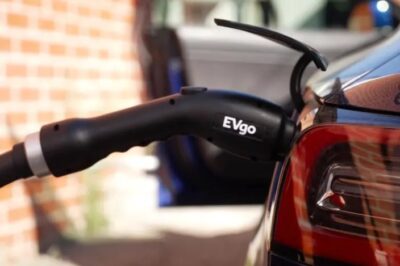
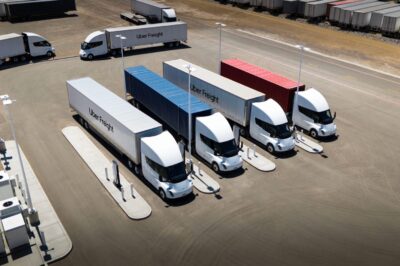
0 Comments